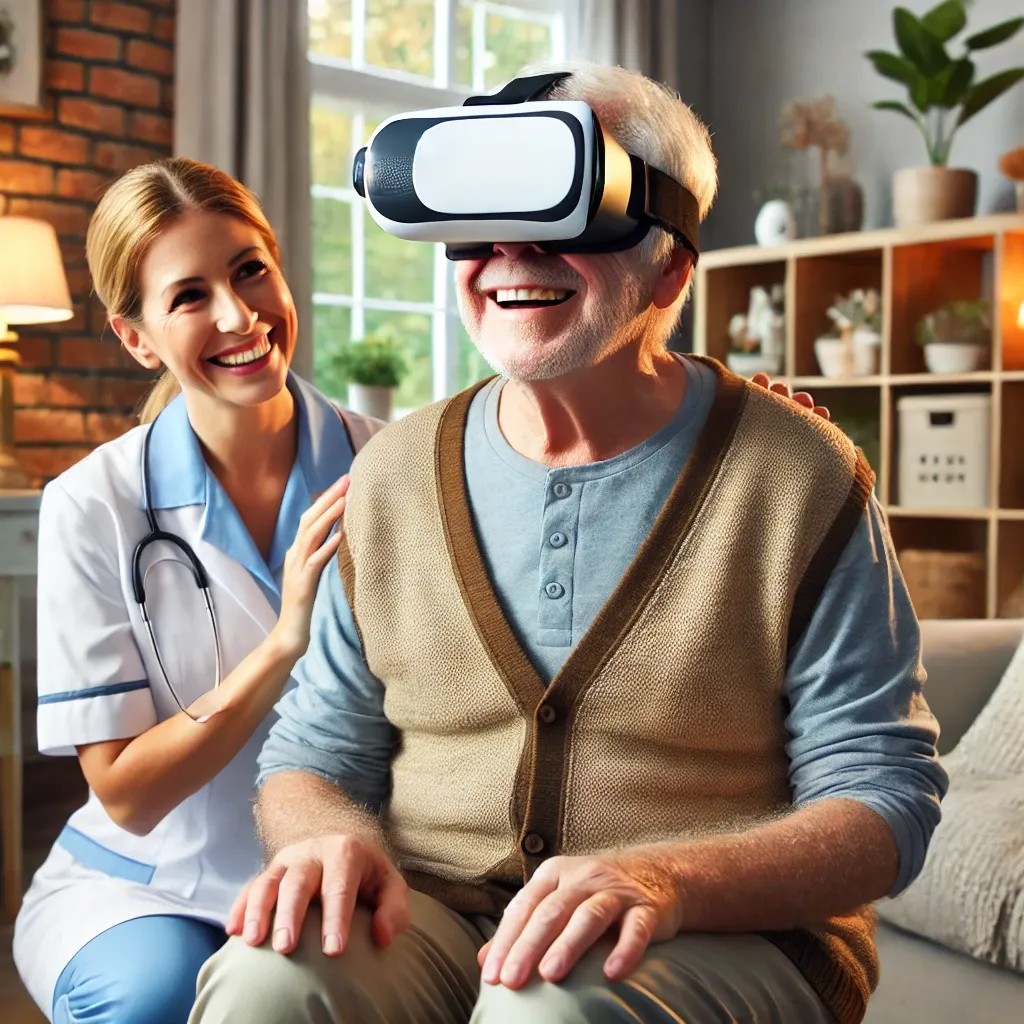How Virtual Reality is Helping Senior Citizens with Dementia
Dementia is a condition that affects millions of senior citizens, challenging their memory, cognition, and quality of life. Advancements in virtual reality (VR), are providing innovative ways to improve the lives of those living with dementia.



